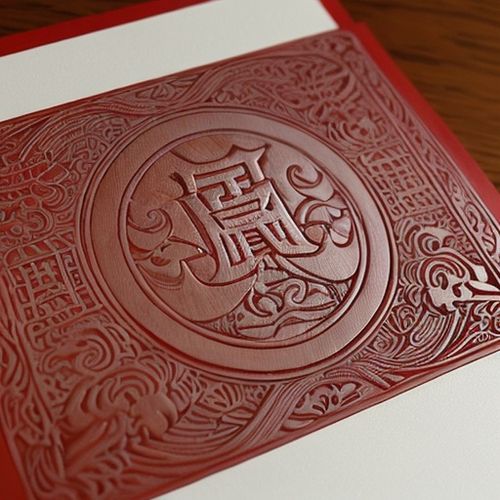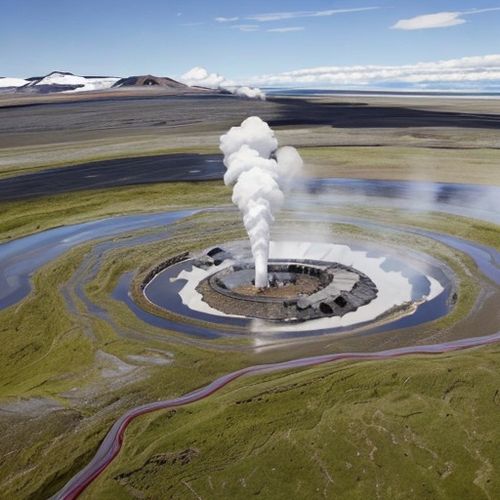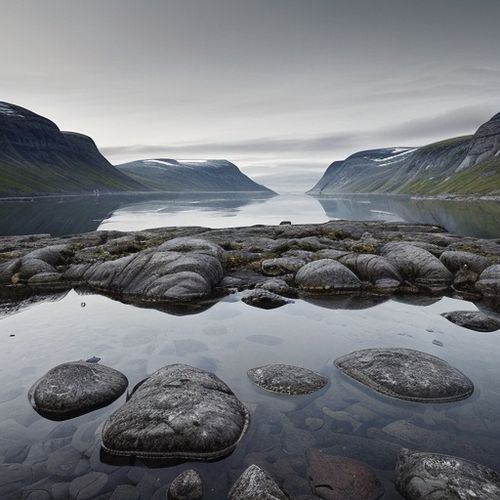The concept of silence in Nordic culture often perplexes outsiders, yet it forms the bedrock of social interaction across Scandinavia. Unlike Mediterranean or Latin cultures where verbal expression flows freely, Nordic societies have cultivated silence as a form of communication, respect, and even intimacy. This unspoken cultural code shapes everything from business meetings to casual encounters, revealing a worldview where words are measured and silence holds meaning.
In Finland, silence is considered a natural part of conversation rather than an awkward gap to be filled. Visitors might mistake this for coldness, but Finns view it as a sign of thoughtfulness. The famous Finnish saying "silence is golden" isn't just a proverb—it's a way of life. During negotiations or social gatherings, pauses lasting several seconds feel completely normal. This contrasts sharply with cultures where rapid-fire dialogue signifies engagement. For Nordics, allowing space between words demonstrates respect for the speaker's ideas and gives participants time to reflect before responding.
The Swedish concept of "lagom"—meaning just the right amount—extends to speech patterns as well. Oversharing or dominating conversations violates this principle of moderation. In workplace settings, Swedish colleagues might sit through entire meetings saying very little, yet leave with perfect understanding. This reflects the cultural belief that speaking without purpose wastes energy. Norwegian hiking culture provides another fascinating example: it's perfectly acceptable to walk for hours with companions without exchanging words, with the shared experience of nature creating its own form of connection.
Danish "hygge" culture reveals another dimension of Nordic silence—the comfortable quiet among trusted companions. Unlike the performative socializing common elsewhere, Danes value simply "being together" without constant chatter. The crackling fireplace, the clink of coffee cups, and the weightless silence between friends all contribute to this cherished atmosphere. Iceland takes this further with its tradition of "þögn" (silence) as emotional intelligence. Rather than offering unsolicited advice during difficult times, Icelanders might sit quietly with someone in distress, believing presence speaks louder than platitudes.
Educational systems reinforce these values early. Nordic schools often incorporate quiet reading hours where children learn to appreciate solitude. Teachers don't rush to fill every moment with instruction, allowing students to process information silently. This contrasts with classrooms in more verbally expressive cultures where constant interaction is prioritized. The results manifest in adulthood—Nordic professionals tend to prepare thoroughly before speaking in meetings, unlike cultures where thinking aloud is common practice.
Business travelers frequently misinterpret Nordic silence as disagreement or disinterest. An American might panic when a proposal meets minutes of quiet scrutiny, unaware that this signals serious consideration rather than rejection. Similarly, Nordic professionals often feel overwhelmed in global meetings where participants speak simultaneously. The cultural collision becomes evident when a Finnish executive waits politely for a natural pause that never comes in a conversation with Italian counterparts.
Modern technology presents new challenges to this silent culture. Open-office plans and constant digital notifications disrupt traditional Nordic work rhythms. Some companies now install "silence pods" where employees can work without verbal interaction. The popularity of silent meditation apps in Scandinavia also reflects this cultural preference. Yet even as globalization brings more verbal communication styles northward, the essential value of silence remains deeply encoded in the Nordic psyche.
Tourists can navigate this cultural landscape by embracing pauses rather than fearing them. Learning to enjoy a silent fika (Swedish coffee break) or respecting the quiet of a Norwegian train carriage leads to more authentic experiences. As one Copenhagen resident explained, "We don't speak unless we have something to say. But when we do speak, we mean it." This distillation of Nordic communication philosophy reminds us that in an increasingly noisy world, the Scandinavian art of silence offers valuable lessons about the power of quiet connection.

By Laura Wilson/Apr 14, 2025

By Joshua Howard/Apr 14, 2025

By John Smith/Apr 14, 2025

By George Bailey/Apr 14, 2025

By Thomas Roberts/Apr 14, 2025

By Amanda Phillips/Apr 14, 2025

By Daniel Scott/Apr 14, 2025

By John Smith/Apr 14, 2025

By Amanda Phillips/Apr 14, 2025

By Christopher Harris/Apr 14, 2025

By Eric Ward/Apr 14, 2025

By Eric Ward/Apr 14, 2025

By David Anderson/Apr 14, 2025

By Thomas Roberts/Apr 14, 2025

By Grace Cox/Apr 14, 2025

By George Bailey/Apr 14, 2025

By Ryan Martin/Apr 14, 2025

By Thomas Roberts/Apr 14, 2025

By Samuel Cooper/Apr 14, 2025

By Rebecca Stewart/Apr 14, 2025